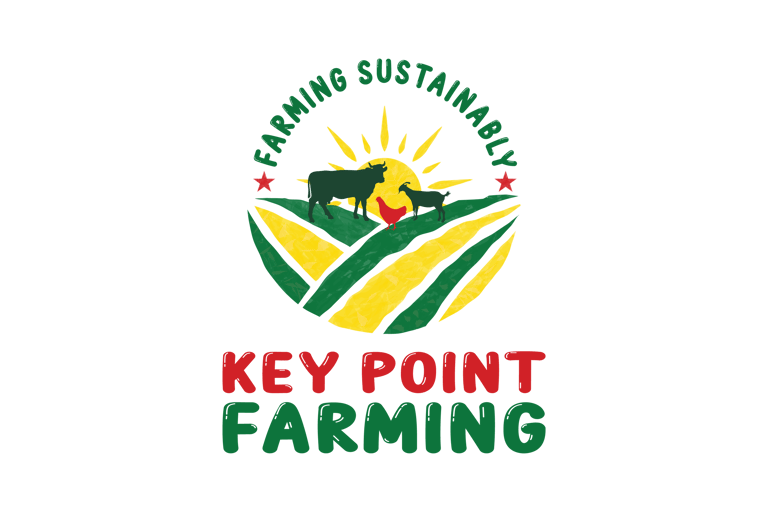The impact of war on food security is a complex and multifaceted issue. In Africa, where conflict is a major driver of food insecurity, the effects of war can be devastating.
One of the most immediate impacts of war on food security is the disruption of agricultural production. When farmers are unable to access their land or markets, or when they are forced to flee their homes, food production can plummet. This can lead to shortages and price increases, which make it difficult for people to afford the food they need.
In addition to disrupting agricultural production, war can also damage or destroy critical infrastructure, such as roads, bridges, and irrigation systems. This can make it difficult to transport food to where it is needed, and it can also make it more difficult for farmers to get the inputs they need to produce food.
War can also have a negative impact on people's access to food. When people are displaced by conflict, they may be forced to live in overcrowded camps or settlements, where they may have limited access to markets and land. They may also be more vulnerable to violence and crime, which can make it difficult to get the food they need to survive.
The impact of war on food security can be particularly severe in Africa, where many countries are already struggling to meet the food needs of their populations. In addition to the challenges of climate change and poverty, conflict is a major obstacle to food security in Africa.
The effects of war on food security can be seen in many parts of Africa. In South Sudan, for example, a civil war that began in 2013 has displaced millions of people and caused widespread food insecurity. In Somalia, a long-running conflict has led to a humanitarian crisis, with millions of people facing starvation. And in the Democratic Republic of the Congo, a conflict that has been going on for decades has left millions of people in need of food assistance.
The impact of war on food security is not limited to Africa. In other parts of the world, conflict has also had a devastating impact on food security. In Syria, for example, a civil war that began in 2011 has caused widespread food insecurity, with millions of people displaced and in need of food assistance. And in Yemen, a conflict that began in 2015 has led to a humanitarian crisis, with millions of people facing starvation.
The impact of war on food security is a major challenge that must be addressed. There are a number of things that can be done to help mitigate the effects of war on food security, including:
Providing food assistance to people who are affected by conflict.
Supporting agricultural production in areas affected by conflict.
Repairing or rebuilding critical infrastructure that has been damaged or destroyed by conflict.
Working to resolve conflicts peacefully.
By taking these steps, we can help to reduce the impact of war on food security and ensure that everyone has access to the food they need to survive.
In addition to the above, there are a number of other ways to help aid affected communities in Africa. These include:
Donating to humanitarian organizations that are working to provide food assistance and other support to people affected by conflict.
Volunteering your time to help with relief efforts.
Raising awareness about the issue of food insecurity in Africa.
By taking these actions, we can make a difference in the lives of people who are struggling to survive in the face of war.


